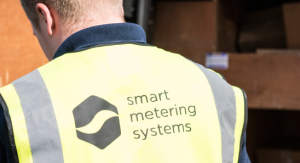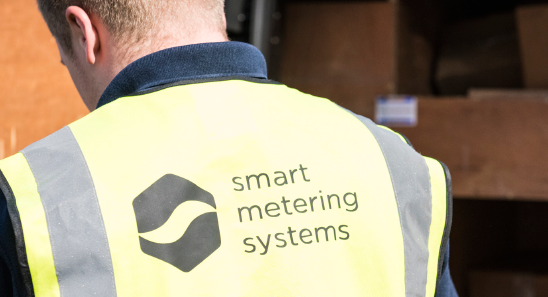Faced with the end of his long and successful army career, Tony Horrell returned to the trade that he learned as a young man for his next career move, sparking yet another fruitful professional journey.
NAME: TONY HORRELL
JOB TITLE: OPERATIONS MANAGER, SOUTH WEST & SOUTH COAST
EMPLOYER: SMS PLC

After joining the Royal Pioneer Corps in 1989 – completing my basic training at Depot Queens Division in Bassingbourn Barracks – my first posting was to 518 Company in Bicester, Oxfordshire, where I was subsequently sent on detachment to Belize and then deployed to Iraq.
Following this I was posted to Germany; winning promotion and spending a number of years undertaking my Physical Training Instructors Course and Section Commanders Battle Course. Completion of these qualifications saw me posted to the Infantry Training Centre at Catterick Garrison as an instructor – one of the highlights of my career!
On my later return to Bicester I attended every course that I could get on to, and was also deployed to Bosnia and Kosovo. Another promotion followed, seeing me posted as a Troop Sergeant to Army Training Regiment at Pirbright, Surrey, and then back to Bicester again as a Troop Commander with more courses and experiences under my belt, including the Platoon Sergeants Battle Course and a deployment to Iraq.
I also spent a year working in Regimental Operations, gaining lots of experience working at a high-level operational tempo, including an overseas deployment to Oman.
After completing a tour of Afghanistan – another highlight of my career – as well as other operational and training jobs, I left service following a 24-year career in August 2013, finishing as a Warrant Officer Class One.
Towards the end of my time in the army, I knew that I wanted to return to the trade I had practiced prior to my military career, having spent two years as an apprentice electrician and gaining a City & Guilds qualification.
As a result, I decided to do further electrical qualifications during my resettlement which included 17th Edition Wiring Regulations, Domestic Part P and 2391 Inspection and Testing. I used all my spare time to get some on-site experience with a local electrical company and also completed my ACS domestic gas qualifications at Birmingham Metropolitan College.
While the training centres gave me valuable qualifications and knowledge, on-site experience is invaluable, so I would recommend it to any newly-qualified engineer.
When I left the army, I applied for my first job as a maintenance supervisor at the local university where I spent three months. It was an enjoyable role, split between working on the tools and managing a team of different trades. I then spent a year as a Trade Supervisor, refurbishing domestic properties including new kitchens, bathrooms, rewires and general maintenance. It was both rewarding and challenging!
Meanwhile, I knew that the government’s smart meter rollout was due to start and I had already planned for this by gaining my domestic gas qualifications and my MET 1 qualification. Having both gas and electrical qualifications to my name, I was ideally suited for a role in this industry.
Knowing this, I applied for a job as a Smart Team Manager at SSE where I spent more than two and a half years managing, mentoring and leading a team throughout the South West of England.
My final move has been to SMS Plc where I am a Regional Operations Manager, coordinating a team of dual- and single-fuel engineers working across many different contracts.
My typical day now involves ensuring all my teams are working safely, managing performance and productivity across my region, and attending meetings and site visits. I also get involved in the recruitment side, as well as the mentoring and the upskilling of qualified engineers. I still miss the physical and mental challenges that I faced in the army, and the travel and camaraderie of service life!
Networking is essential to my job now; I wouldn’t underestimate how important it is to network with people in the industry at every opportunity.
My other advice? Well, domestic gas qualifications and experience are important as companies will train you in your MOCOPA qualification. You should also make sure that your CV really sells what you have achieved, including your transferable skills, and it’s useful to learn good interview techniques.
Looking forward, I see myself gaining more experience in the utilities industry and hopefully moving up the ladder to the next level. I’m glad I’m working in a company that is expanding and growing quickly, and the challenges and opportunities that this presents.

